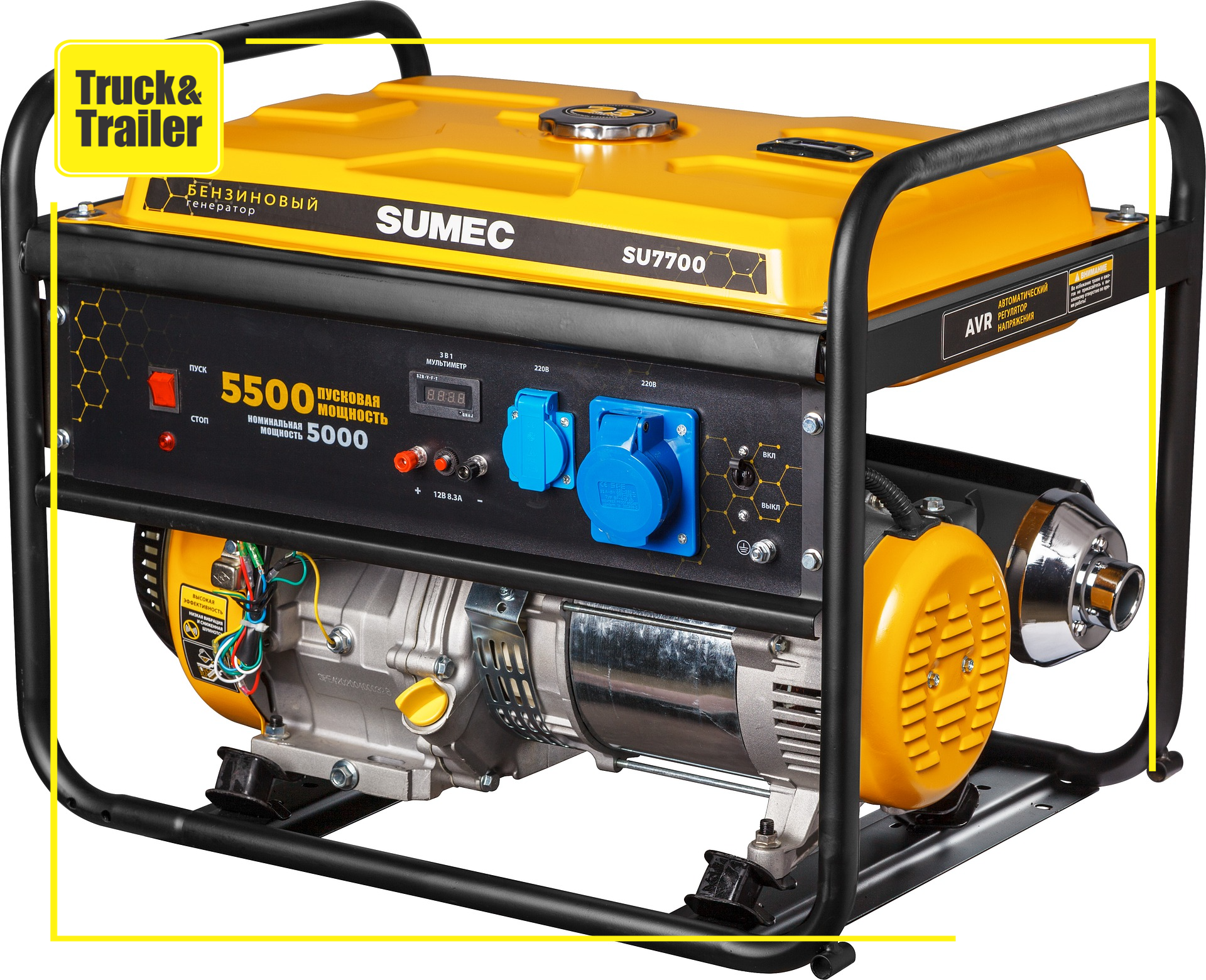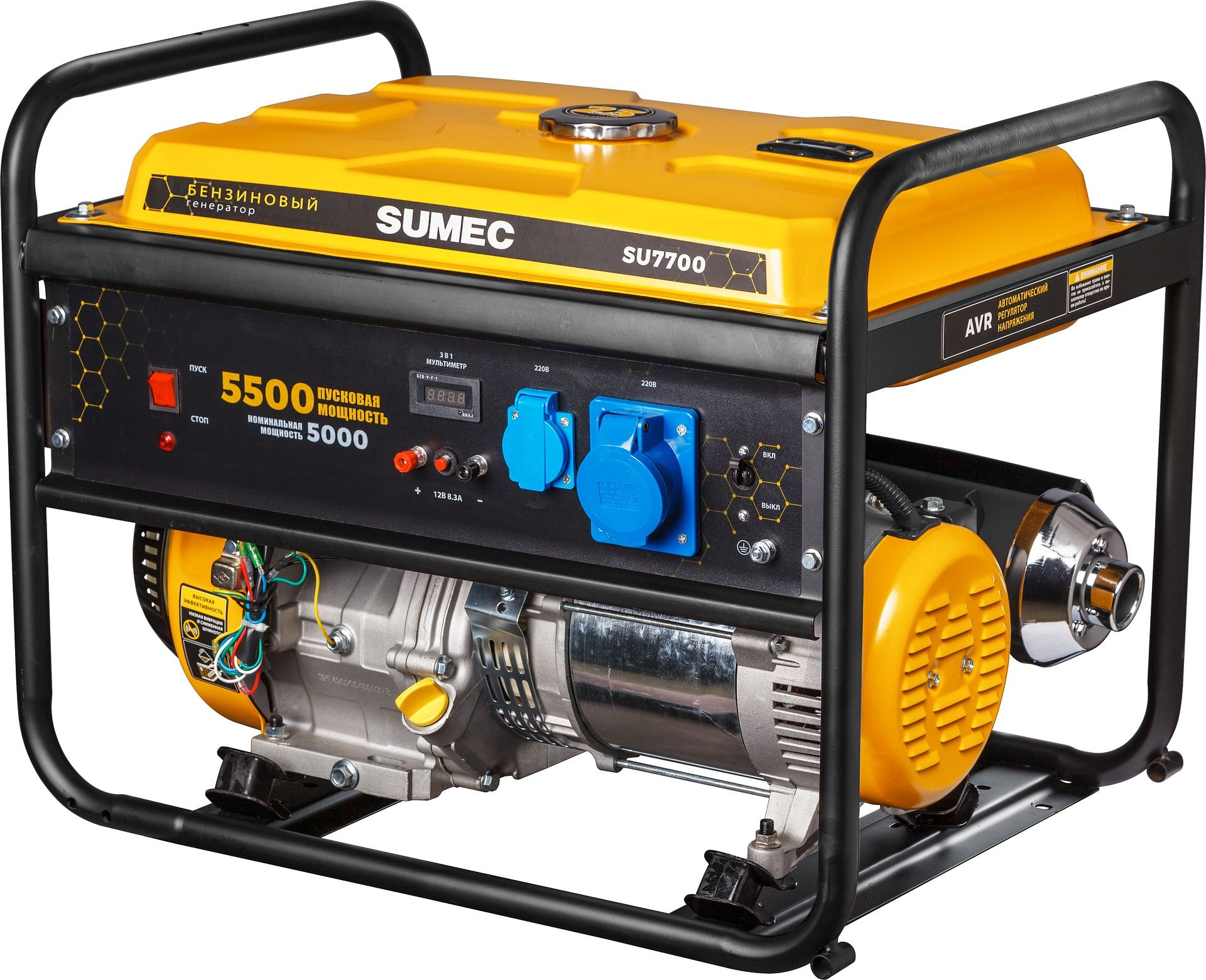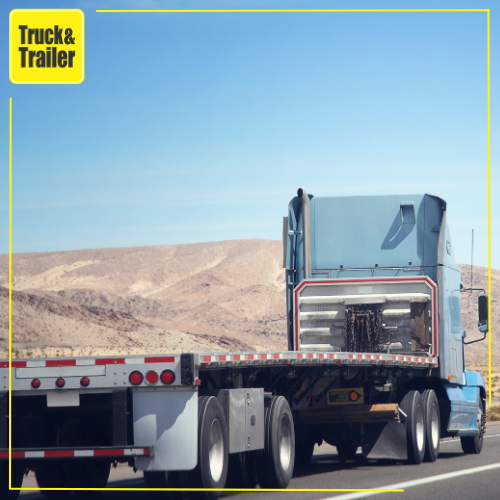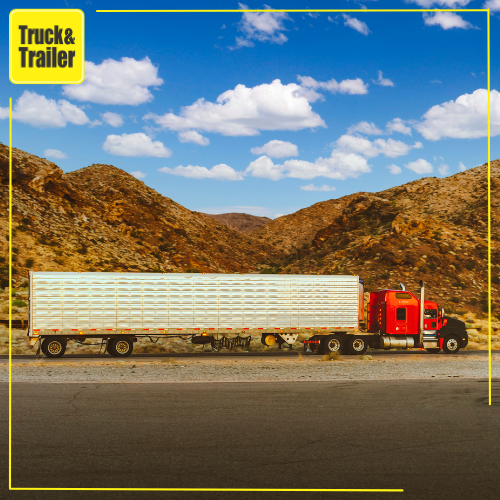
6 Types Of Generators And Their Uses
Date: 26/04/2022
Looking for a generator? With so many types of generators out there, it can be challenging to pick the model that best matches your requirements. The variation that you choose depends on your budget as well as the operating conditions. The type of equipment that you need to power will also impact your decision. You can find a wide range of generators for sale on Truck & Trailer.

*Photo by is463940 on Pixabay *
1. Diesel generators
The advantage of diesel generators is that they have a robust design, which means that they have a long lifespan and need less maintenance. Diesel fuel produces less heat than gasoline when it burns, which results in reduced engine wear. Good fuel efficiency offers you the benefit of lower running costs. A diesel generator is well-suited to heavy use in challenging conditions.
The downside of these types of generators is that they typically come with a higher price tag than other models. They have a negative impact on the environment because their emissions can be quite high. Newer models benefit from innovative engine technology, which helps to decrease emissions. Some biodiesel blends are suitable for use in these generators. If you need to use a generator in different locations, this may not be the best option for you. Heavier engines make diesel generators less portable than other variations
2. Natural gas generator
These types of generators are fueled by propane. Another option is to use liquified petroleum gas as a power source. The advantage of using natural gas generators is that the fuel is easy to store. You’ll also benefit from using clean-burning fuel as it decreases your impact on the environment.
These generators are robust, but they usually have a shorter lifespan than diesel variations. They can be used in cold conditions and they’re relatively quiet compared to other variations. Natural gas generators are well-suited for use by technology providers. They can also be used as a backup source of power. These variations typically produce less power when compared to a diesel model of the same size.
3. Gasoline generators
Gasoline generators are an affordable option and the fuel is easy to access. Other advantages of these models are their compact size and their portability. However, the generators use an electric pump to operate so they’re not suitable for use in power outages. The highly flammable fuel makes extra safety precautions necessary. Another downside is the relatively high cost of fuel and high emissions. Gasoline generators are less durable when compared to other variations and they don’t operate well in cold conditions.
4. Portable industrial generators
Portable industrial generators are large models that are mounted onto a trailer. They’re well-suited to use on building sites before there is access to an electrical supply. These types of generators are also used by emergency responders.
5. Commercial marine generators
The defining characteristic of marine generators is their outstanding durability. These generators can be used close to saltwater and in harsh environments. They’re available in gas or diesel variations, however, diesel is the preference for commercial applications. Marine generators are used on big vessels as well as on oil rigs.
6. Residual fuel oil generators
Residual fuel oil is affordable, which decreases the running costs of using these types of generators. Other advantages of using these models are their lightweight and compact design and their durability, which contribute to their long lifespan. Residual fuel oil generators deliver reliable performance and they offer you relatively low noise levels.
Now that you know what types of generators are out there, you can decide which model is best for your business. Looking for a bargain? Find generators for sale on Truck & Trailer today.





